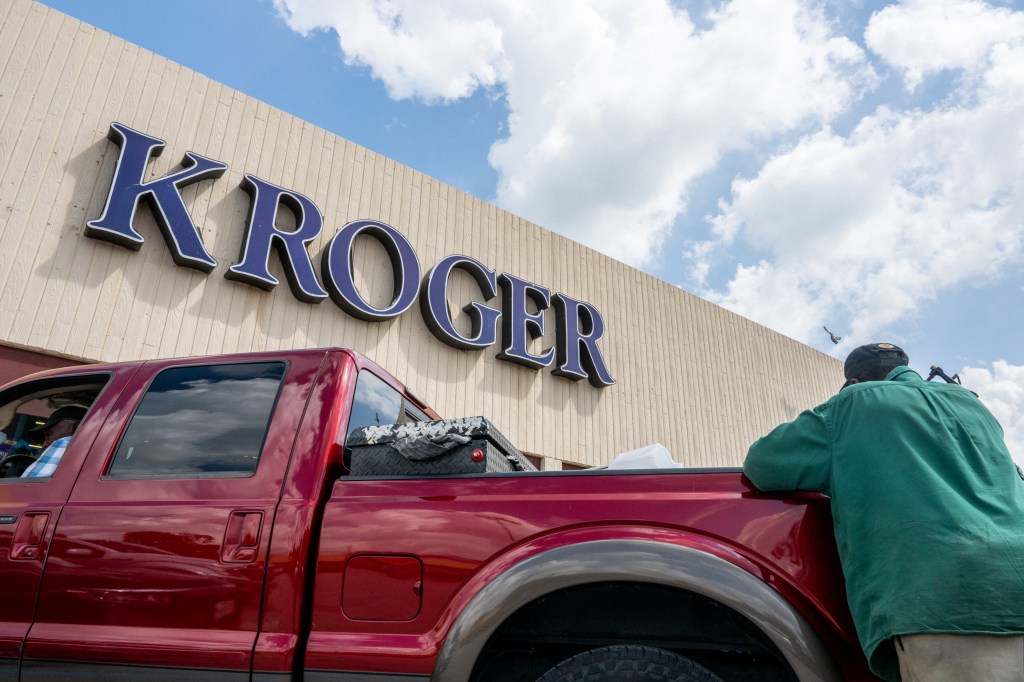In a significant win for the Federal Trade Commission (FTC), a federal judge blocked what would have been the largest grocery store merger in US history.
In her ruling, District Judge Adrienne Nelson agreed with the FTC that the $25 billion merger would have created an overly-dominant market participant. According to the FTC, that would have increased prices for consumers in regions where the chains overlap, such as in Los Angeles and Chicago.
“Evidence shows that defendants engage in substantial head-to-head competition and the proposed merger would remove that competition. As a result, the proposed merger is likely to lead to unilateral competitive effects and is presumptively unlawful,” Nelson wrote.
Price-slashing
During the trial, the FTC produced evidence that Kroger and Albertsons engaged in substantial direct price-slashing competition in markets where they co-exist.
And while Kroger and Albertsons had agreed to sell 579 of their stores to a third party, C&S Wholesale, the FTC thought the concession did not go far enough. The agency also cast doubt on C&S’s ability to effectively manage the influx of stores.
If merged, the two chains would have been rolled into a $200 billion corporation comprising 5,000 stores. The two grocery behemoths defended the merger on grounds that it was necessary to compete with even larger companies such as Walmart and Amazon.
This will be the last significant victory for the FTC under chair Lina Khan’s leadership. Khan has spearheaded several high-profile pro-competitive moves during her tenure, including successfully banning noncompete clauses.
That era will likely come to an end as Trump selects current FTC commissioner Andrew Ferguson as her replacement.
Spoiled relations
In a surprising twist, Albertsons responded to the ruling by filing a lawsuit against Kroger in the Delaware Court of Chancery, alleging that its hopeful parent company failed to do enough to stop the FTC’s antitrust intervention.
Albertsons alleges that Kroger breached its merger contract by refusing to divest enough of its assets or seek more capable buyers for the stores it did liquidate. The chain also accused Kroger of failing to respond to the FTC’s feedback, calling its approach to securing regulatory approval “willfully deficient”.
Albertsons is seeking a $600m termination fee in addition to the “hundreds of millions” it spent trying to secure its end of the merger bargain. Kroger said the claims lack merit and accused it of essentially engaging in the same conduct.
The bad blood makes sense – during the trial, its CEO stated that the company’s long-term survival hinged on being absorbed. Kroger is in a comparatively better position, and seeks to buy back $7.5 billion of its stock.













